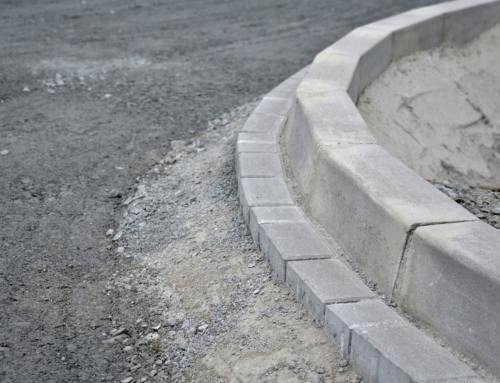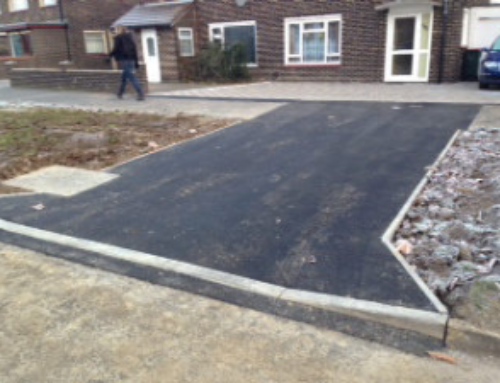How to Apply for a Dropped Kerb
Benefits of a Dropped Kerb
There can be many benefits to the provision of a lowered kerb, depending on the need of the applicant. Private individuals may wish to improve access to their driveway, or create a driveway to their property in the first instance. Dropped kerbs can also help private companies and council comply with disabilities legislation, as they improve access to shops and services for those using wheelchairs or pedestrians with other disabilities. This can help maintain the independence of those people, which in itself has many benefits to both the individuals and the wider society.
There has also been some published evidence that the presence of dropped kerbs reduces the numbers of people killed and seriously injured in pedestrianised areas such as residential roads.
The Process
The process of applying for a dropped kerb is governed by both the Highways Act 1980 and the New Roads and Street Works Act 1991. The construction, approval and licensing of dropped kerbs is overseen by the highway authority relevant to the area. There are strict rules surrounding either the provision of a new dropped kerb or the alteration to an existing one. Before submitting a proposal to the highway authority, the applicant needs to consider the below, and is advised to follow any guidelines very closely.
Planning Permission
This needs to be sought from the relevant local planning authority (which can be a district/borough/city council) if the road in question is a designated A, B or C road, as the first step in the process. Additional consent may also be required in areas where an increased risk of flooding may be possible due to paving of front gardens. Further information can be found from the council involved.
Underground Services
It may be a necessary step to contact the local public utility companies in order to establish the position and depth of services in the area of ground in which excavation will take place. This should be done before the application is submitted as the information gleaned may affect both the cost and the feasibility of the works.
Contractors
As with all buildings works, it is advisable to obtain 3 separate quotes before choosing a contractor. Any contractor used for this kind of work must be accredited under the New Roads and Street Works Accreditation scheme with the highways authority (which states the contractor’s ability to conduct kerb lowering and pavement lowering) and also possess a Public Liability Insurance policy that provides cover for up to £5 million.
The accreditation scheme may be particularly useful for an applicant searching for experienced contractors in kerb lowering and pavement lowering.
Safety in Design
If the construction involves provision of gates, these must not open outwards over a carriageway, footpath or verge. Any surface water that accumulates must not be allowed to flow outwards across the footpath or into the carriageway. Any parked vehicles must also not obstruct pedestrian access across the footpath.
Cost
All financial aspects of creating a dropped kerb must be met by the applicant. There are also added costs to be made to the relevant Highways authority for inspection of the proposed site, processing of the application and inspection of the works themselves. Current fees may vary between authorities.
Potential applicants are advised to use the following link to contact their relevant local authority about further information regarding an application.
UK Surfacings…
We provide a specialist kerb lowering service, here at UK Surfacings, undertaking all our work to the highest possible standards and in line with your budget and individual requirements. Simply get in touch today for more information!



